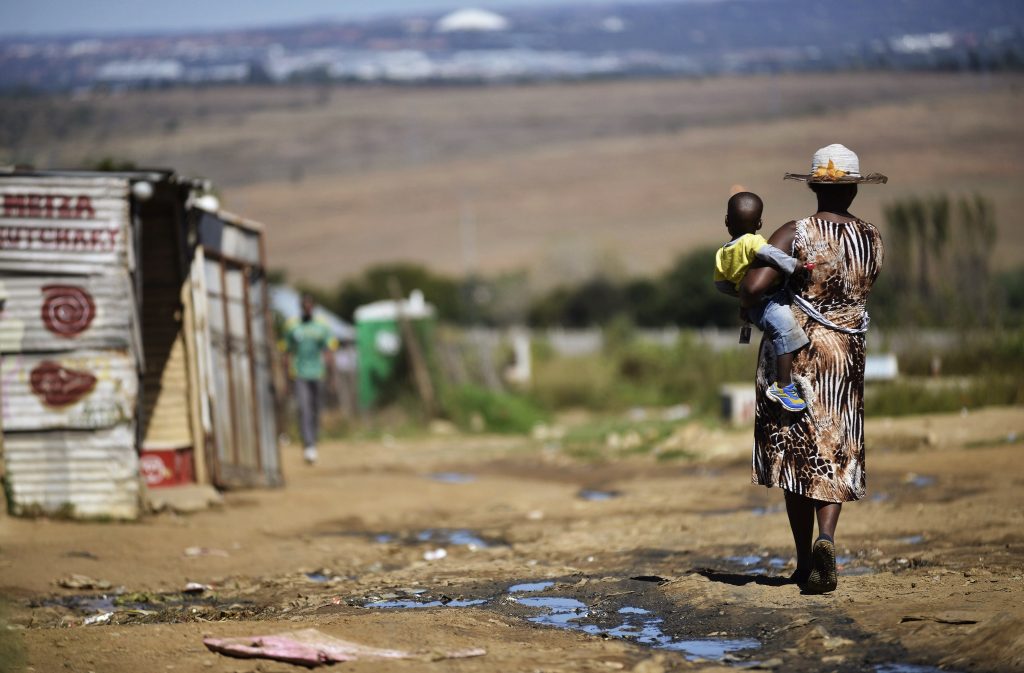Almost three decades after Independence the ability to access quality service delivery – or any service delivery – in South Africa to a large extent still hinges on the colour of your skin and your gender.
Study after study has shown that black women in poor and impoverished communities continue to bear the brunt of the failure of local government to ensure that the basic rights to sufficient food and water, adequate housing, and health care services, to dignity and equal enjoyment of rights and freedoms are upheld. All fundamental rights protected by the South African Constitution.
Service delivery is the foundation for the full enjoyment of these rights by all who live in South Africa and the state has a constitutional obligation to take action to ensure access to these rights. Section 7(2) of the Constitution says that “the state must respect, protect, promote and fulfil the rights in the Bill of Rights”.
According to StatsSA, women still fare worse than men when it comes to access to water and sanitation as well as in other indicators of inequality like literacy, income, and expenditure shares. Despite some improvement with regards to access to water and sanitation, women still remain behind, indicating how deeply entrenched the inequality is.
When communities do not have access to running water, the responsibility of collecting water often falls on women. The process puts women and girls at risk of harassment or sexual assault. In a country with high rates of gender-based violence and femicide, women without access to running water or toilets in their homes are too afraid to relieve themselves at night for fear of their safety. Moreover, children, especially girls, are at greater risk of dropping out of school if there are no toilet facilities.
The lack of access to water and sanitation also creates heightened health risks. Not only does the lack of water and sanitation promote the spread of preventable diseases amongst the general population and result in an increased use of hospitals and clinics, but women and girls face additional health threats given their menstrual hygiene needs. A domestic water supply and sanitation would reduce “the time, health, and care-giving burden on women”. The health, safety and security, and well-being of women depends on timely and quality service delivery.
The failure of government to deliver on these rights has been well documented by the media, civil society, and fed-up residents. Almost 20 million people in South Africa do not have access to safe, sufficient, and reliable water and over 3 million people do not have access to a basic water supply.
When it comes to sanitation, 14.1 million people do not have access to safe sanitation facilities. The majority of people who fall within these figures are black women. Their experiences and the specific ways in which inadequate service delivery impacts them warrants attention and urgent action.
As a movement of people campaigning for a more just world, Amnesty International South Africa is concerned with the human rights impact of poor service delivery rather than the politicking ahead of the local government elections. We are calling on the government to ensure that municipalities fulfil their constitutional mandate to provide basic services – to women and girls and all who live in South Africa. In June, Amnesty International South Africa launched its #DignityNOW campaign which demands dignity through service delivery, accountability, and transparency.
It is time the burden of inequality and poor service delivery is lifted off the shoulders of black women in South Africa and their right to live in dignity is prioritised by those in power. Service delivery is a right, not a privilege.
This opinion piece first appeared on Eyewitness News on 1 November 2021.


